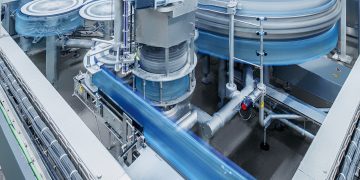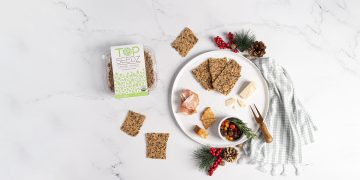Synthetic milk has emerged as a new potential alternative to cow’s milk, one that – unlike plant-based oat, nut and soy milks – purports to replicate its taste, appearance and mouthfeel. Described by experts as the future of milk, it has been touted as an environmentally friendly option that may shake up the dairy industry – and leave small-scale farmers in the lurch.
“Lab-grown milk is considered the next food frontier,” says Dr Diana Bogueva, of Curtin University’s Sustainability Policy Institute, citing the growing popularity of dairy alternatives. Compared with dairy production, synthetic milk is likely to have a smaller carbon footprint and cause less pollution, and obviously eliminates animal welfare concerns, she says.
The industry is expanding rapidly. In the US, cow-free dairy proteins produced by the firm Perfect Day are now widely used in products including ice-cream, cream cheese, chocolate and protein powders. Another American startup, New Culture, is commercialising a synthetic milk-based mozzarella, while the Israeli firm Remilk has set up a giant facility in Denmark to produce cheese, yoghurt and ice-cream.
It will be some time before cow-free milk arrives in Australian supermarkets, but startups such as All G Foods and the CSIRO spin-off company Eden Brew are racing to bring products to market within the next two years.




















